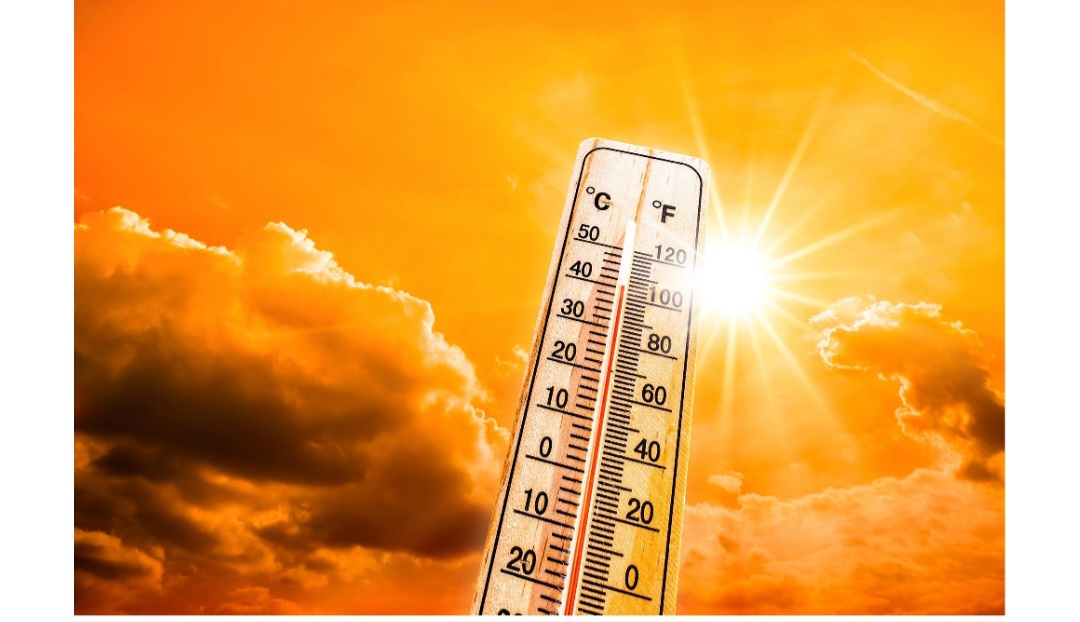Uganda is currently facing an unprecedented heatwave, with temperatures soaring across the country, prompting health warnings and concerns about agricultural impacts and health impacts
In Kampala, the capital city, the heatwave has made life challenging for many as residents have been seeking refuge from the scorching temperatures by staying indoors and utilizing fans and air conditioning where available. However, power outages have been reported in some areas, exacerbating the discomfort and posing additional challenges.
“We are deeply troubled by the unprecedented heatwave currently gripping our nation. The soaring temperatures have brought about significant discomfort and hardship to our daily work.,” said Brenda Nalumansi, a resident of Nakawa division.
A report from the ministry of health dated March 16th ,2024 warned of potential health risks associated with prolonged exposure to high temperatures stating that extended periods of high day and night temperatures create cumulative psychological stress on the human body which exacerbates the top causes of death globally including respiratory and cardiovascular disease, diabetes and renal disease.
The agricultural sector is also feeling the impact of the heatwave as March initially known to be a rainy season where farmers would be planting their crops, with reports of wilting crops and reduced yields. Farmers are facing challenges in keeping their livestock cool and hydrated, raising concerns about food security in the country
Meteorologists and climate scientists have issued an alert, indicating that the heatwave is expected to persist for several days, with temperatures reaching as high as 29 degrees Celsius in some areas. This extreme heat is significantly above the average for this time of year where Uganda usually experiences long rainy seasons 1from March to May in the previous years .
Weather patterns can be vary , ranging from one factor to another. One of the primary causes of extreme weather events, including heatwaves, is climate change. Rising global temperatures due to increased greenhouse gas emissions can lead to more frequent and intense heatwaves something which has delayed the rainy season, . Uganda generally experiences two rainy seasons and two dry seasons throughout the year, although the timing and intensity can vary across different regions of the country:
Human activities, such as industrial processes, transportation, and agriculture, can release heat-trapping gases and aerosols into the atmosphere, contributing to climate change and potentially exacerbating heatwave conditions.
Ugandans are urged to stay vigilant and take precautions to protect themselves and their families from the extreme heat. The government continues to monitor the situation closely and is prepared to provide further assistance as needed.
Do you have a story in your community or an opinion to share with us: Email us at Submit an Article









